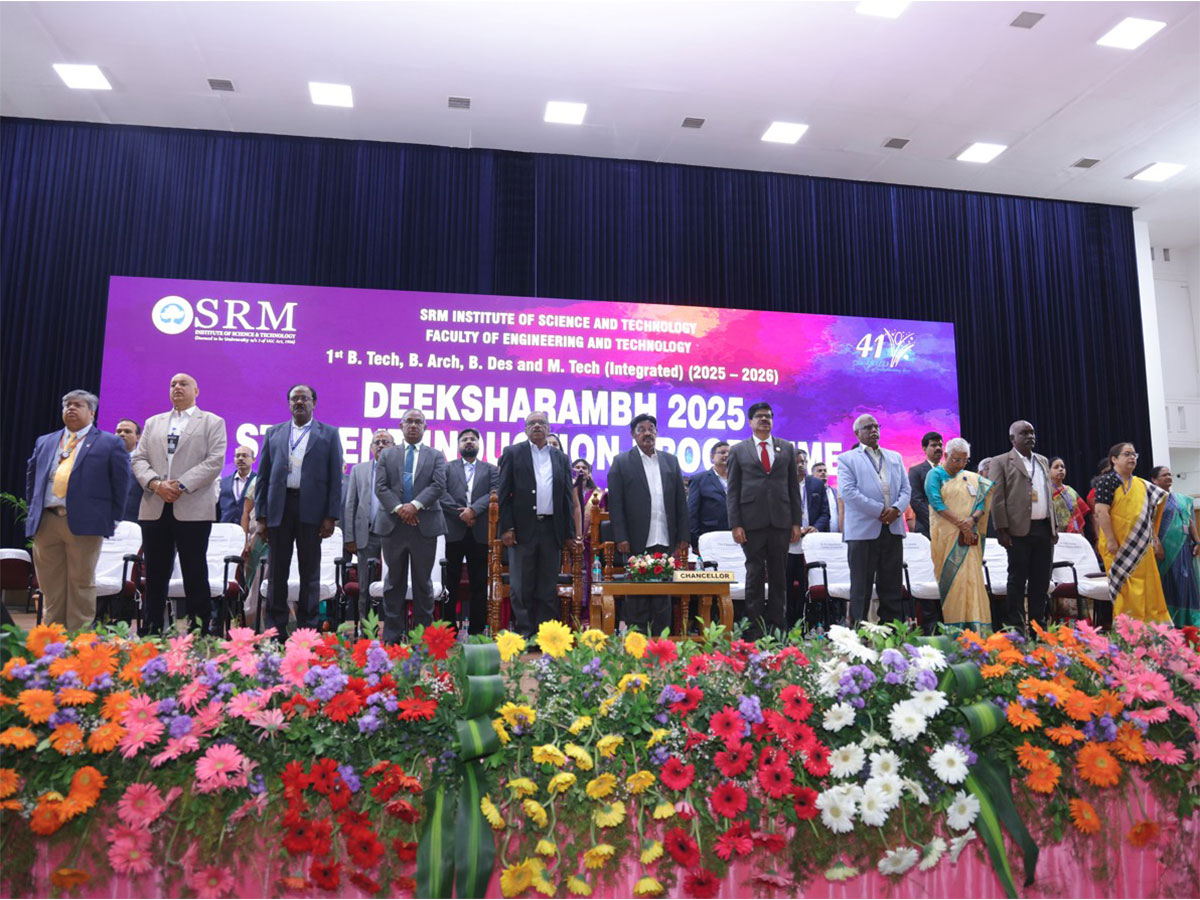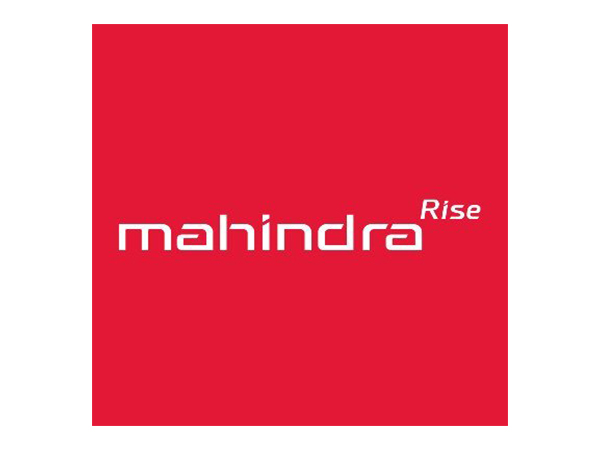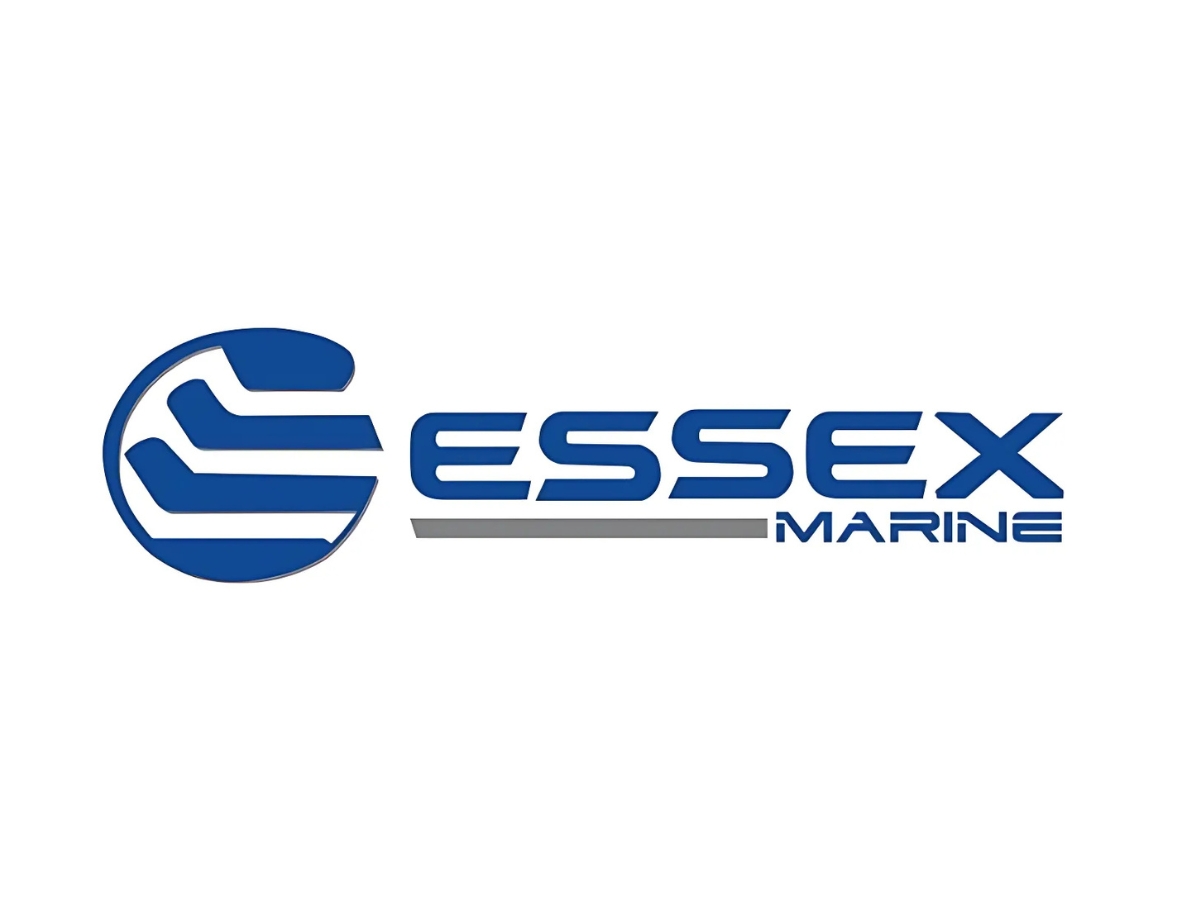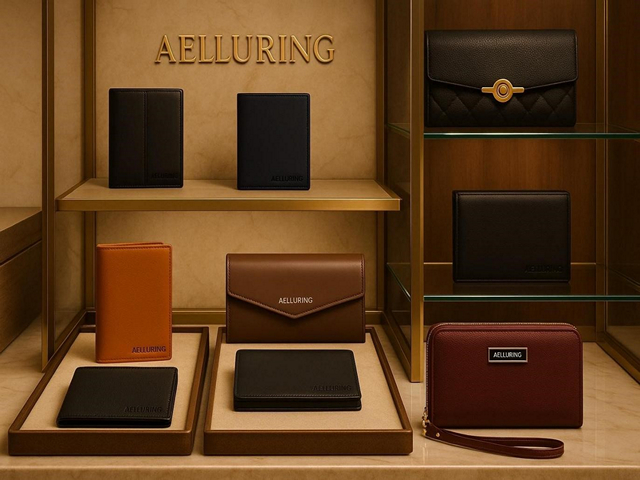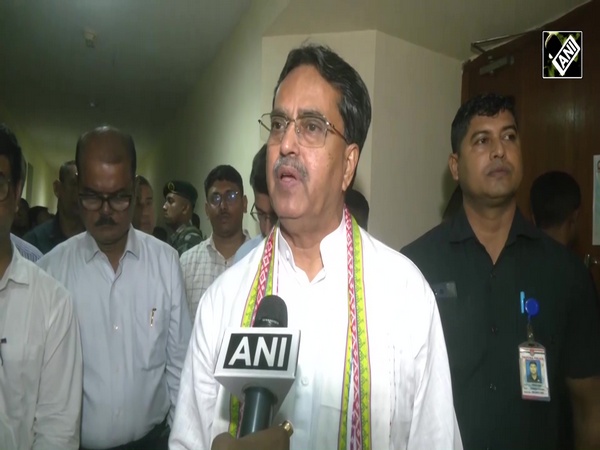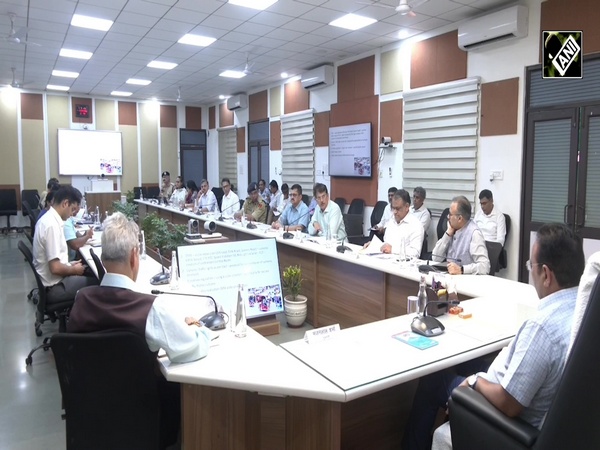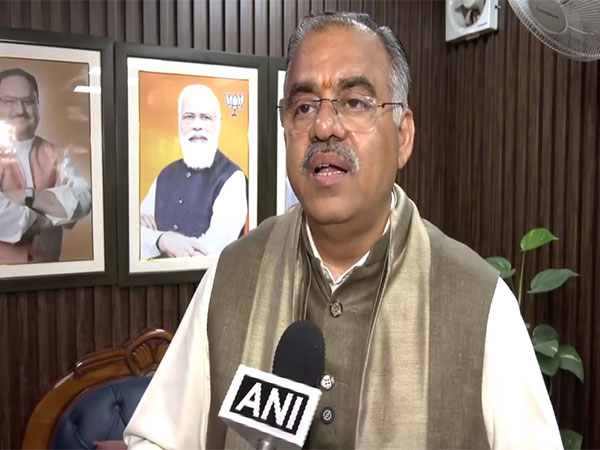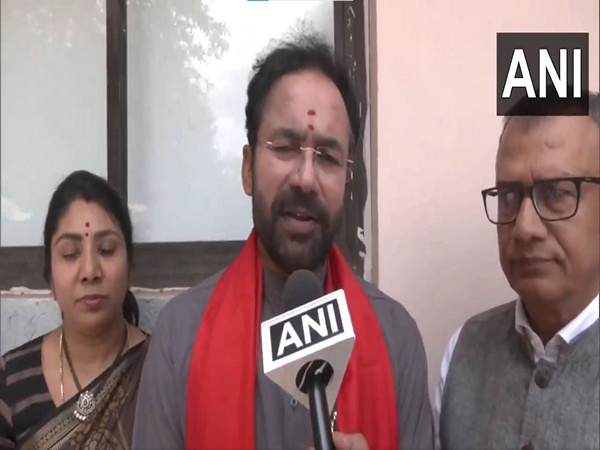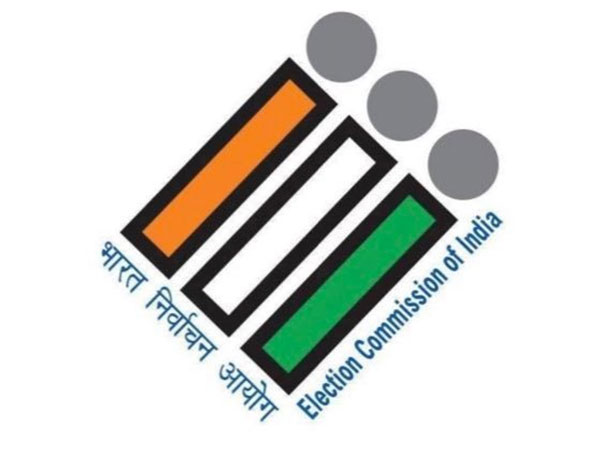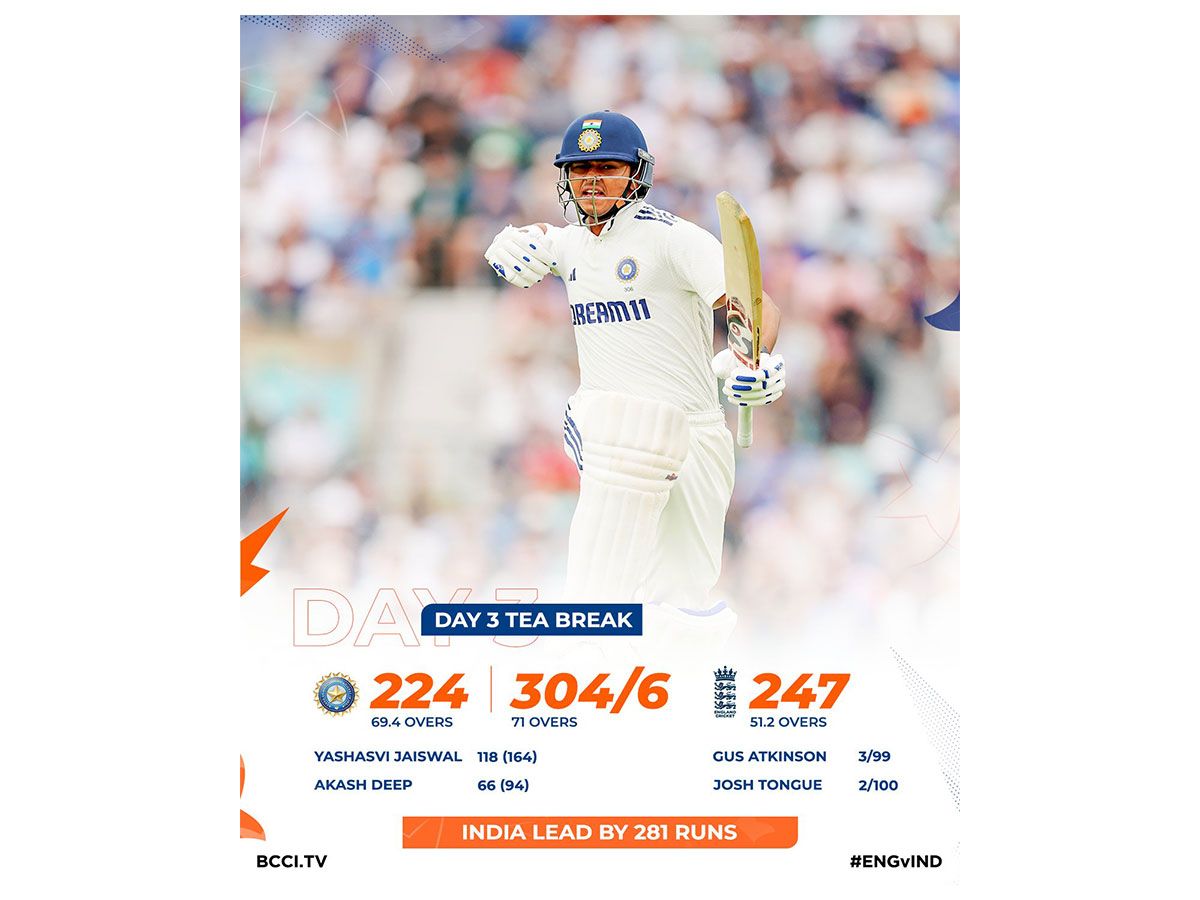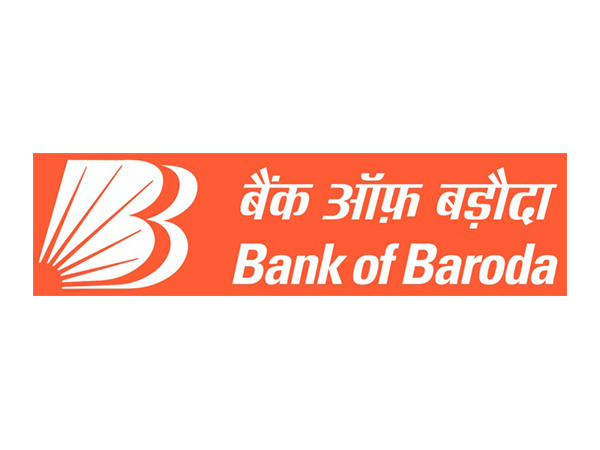
India's domestic demand shields economy from tariff impact: BoB Chief Economist
Aug 02, 2025
New Delhi [India], August 2 : India's reliance on domestic consumption rather than exports is a key strength in navigating the recently imposed reciprocal tariff, said Madan Sabnavis, Chief Economist at Bank of Baroda.
Speaking during a webinar on the impact of Tariffs on India, Sabnavis highlighted that India's non-export-oriented nature makes its economy more resilient to external shocks arising due to the imposition of tariffs.
"Since we are not an export-oriented economy, it is becoming advantageous for us because we are more dependent on domestic consumption," said the Bank of Baroda Chief Economist.
For context, on Wednesday, US President Donald Trump announced the imposition of 25 per cent tariffs on Indian goods plus an unspecified penalty, even as there were hopes of an interim India-US trade deal that would have otherwise helped avoid elevated tariffs.
On April 2, 2025, President Trump signed an executive order for reciprocal tariffs on various trade partners, imposing varied tariffs in the range of 10-50 per cent.
As per the BoB, under the base case scenario, a 10 per cent decline in exports could lower GDP by about 0.2 per cent.
However, Bank of Baroda's GDP growth forecast of 6.4-6.6 per cent already factors in this risk, which was released earlier.
India's export-to-GDP ratio stands at 21 per cent, with services making up 47 per cent of total exports, which makes overall exports relatively insulated, the presentation at the webinar showed.
According to the BoB, the Consumer Price Index (CPI) is not expected to rise in the near term, though about 10 per cent of the Wholesale Price Index (WPI) basket could be affected by imported inflation.
Some industries may face higher input costs, which could impact profit margins, the bank's presentation added.
The BoB assumes that the current account deficit (CAD) is expected to stay below 1 per cent of GDP.
Talking about the trade figures, India's export reliance on the USA is high at 19.8 per cent. India's import reliance is lower at 6.3 per cent.
The BoB added that in terms of exposure of the export basket, industries such as electronic goods, marine products, readymade garments, gems and jewellery, chemicals, poultry, etc, might face a dent.
In terms of tariff rate, clarity is awaited regarding the exemption, which might again be fruitful, the chief economist of BoB added.
He further supported that India's significant reliance on service exports also cushions the economy in this volatile tariff environment imposed especially on goods.
